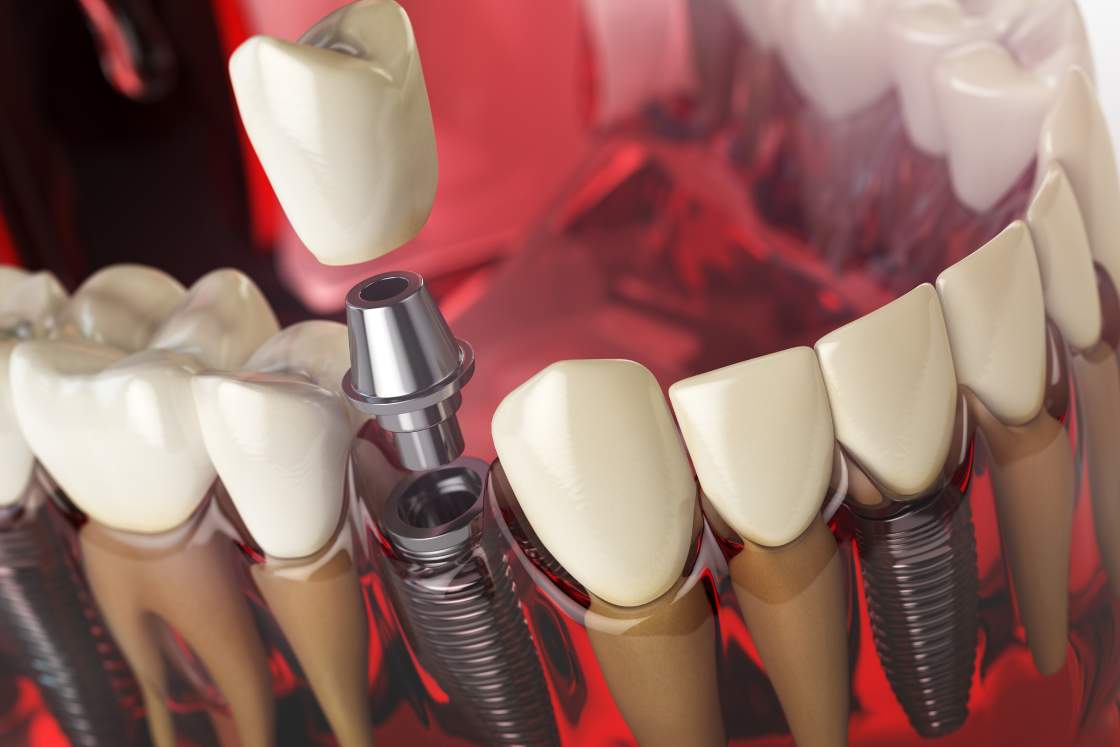
Wisdom tooth extraction: How to prepare
Wisdom tooth extraction: How to prepare
How to prepare
Your dentist may perform the procedure in the office. However, if your tooth is deeply impacted or if the extraction requires an in-depth surgical approach, your dentist may suggest you see an oral surgeon. In addition to making the area numb with local anesthetic, your surgeon may suggest sedation to allow you to be more comfortable during the procedure.
Questions to ask
Questions you may want to ask your dentist or oral surgeon include:
- How many wisdom teeth need to be removed?
- What type of anesthesia will I receive?
- How complicated do you expect the procedure to be?
- How long is the procedure likely to last?
- Have the impacted wisdom teeth caused damage to other teeth?
- Is there a risk that I might have nerve damage?
- What other dental treatments might I need at a later date?
- How long does it take to completely heal and return to normal activity?
Preparing for surgery
A wisdom tooth extraction is almost always performed as an outpatient procedure. This means that you go home the same day.
You’ll receive instructions from the hospital or dental clinic staff on what to do before the surgery and the day of your scheduled surgery. Ask these questions:
- Will I need to make arrangements for someone to drive me home after the procedure?
- When do I need to arrive at the dental clinic or hospital?
- Do I need to avoid eating food or drinking fluids or both (fast)? If so, when do I begin?
- Can I take my prescription medications before the surgery? If so, how soon before the surgery can I take a dose?
- Should I avoid any nonprescription drugs before the surgery?
What to expect during the procedure
Your dentist or oral surgeon may use one of three types of anesthesia, depending on the expected complexity of the wisdom tooth extraction and your comfort level. Options include:
- Local anesthesia. Your dentist or oral surgeon administers local anesthesia with one or more injections near the site of each extraction. Before you receive an injection, your dentist or surgeon will likely apply a substance to your gums to numb them. You’re awake during the tooth extraction. Although you’ll feel some pressure and movement, you shouldn’t experience pain.
- Sedation anesthesia. Your dentist or oral surgeon gives you sedation anesthesia through an intravenous (IV) line in your arm. Sedation anesthesia suppresses your consciousness during the procedure. You don’t feel any pain and will have limited memory of the procedure. You’ll also receive local anesthesia to numb your gums.
- General anesthesia. In special situations, you may be offered general anesthesia. You may inhale medication through your nose or have an IV line in your arm, or both. Then you lose consciousness. Your surgical team closely monitors your medication, breathing, temperature, fluids and blood pressure. You’ll experience no pain and have no memory of the procedure. Local anesthesia is also given to help with postoperative discomfort.
During wisdom tooth extraction, your dentist or oral surgeon:
- Makes an incision in the gum tissue to expose the tooth and bone
- Removes bone that blocks access to the tooth root
- Divides the tooth into sections if it’s easier to remove in pieces
- Removes the tooth
- Cleans the site of the removed tooth of any debris from the tooth or bone
- Stitches the wound closed to promote healing, though this isn’t always necessary
- Places gauze over the extraction site to control bleeding and to help a blood clot form





